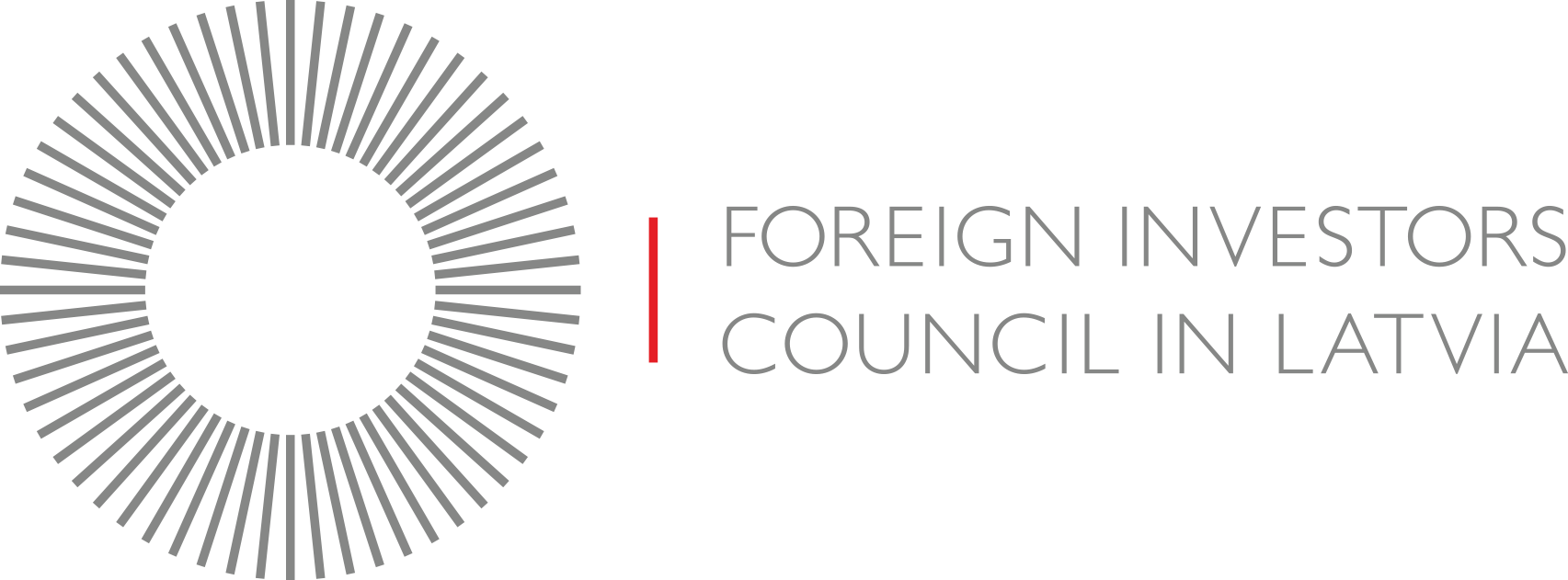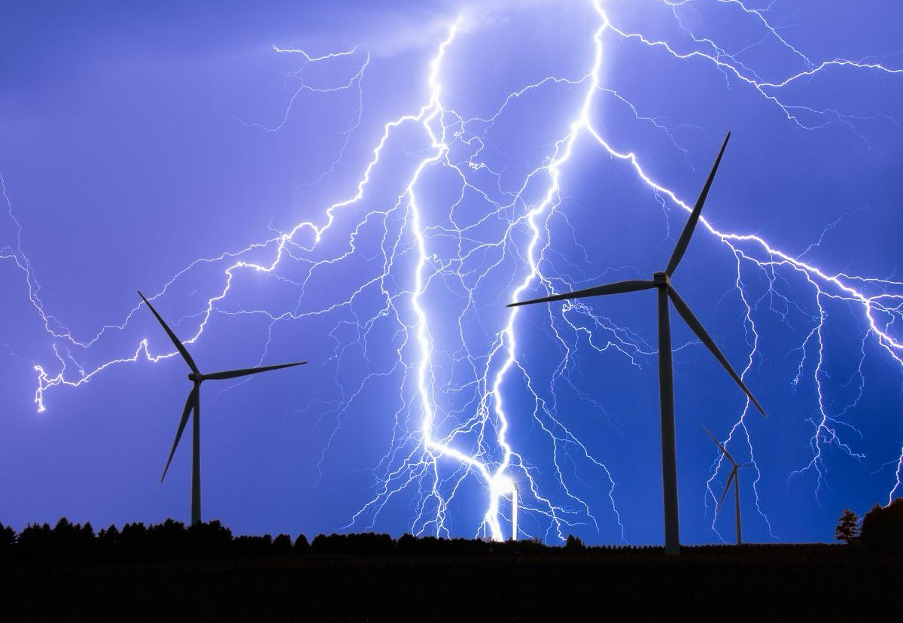In view of defence priorities and associated budgetary pressures, Latvia, as well as, the EU generally have widespread discussions on economic impacts and implementation challenges of the green transition. While 85% of Europeans believe that the climate change is a serious problem and it remains among the top three concerns of Europeans, the debates on the speed of the green transition, compliance measures and allocation of funding remain heated.[1] In view of the Foreign Investors Council in Latvia (FICIL), the current debate misses some critical good governance elements:
- Predictability and consistency of state laws and government policies, as a sudden change of the political direction implies instability, inability of making mid/long-term investment plans or a loss of investments;
- Careful assessment of short/mid/long-term risks and impacts, while creating/adjusting a strategy;
- Demonstration of the government’s ability to complete already started reforms and ensure their successful implementation;
- Effective communication between the government and involved stakeholders, when a policy adjustment is considered.
“Transitioning to a more circular and green economy cannot be avoided. At FICIL, we do not question the need for this transition. We only question the speed and manner at which such transition takes place. No doubt, it must be fair, gradual, technically and financially justified. It must transition us to a new type of economy which can bring prosperity and sustainability to our nation” – Dace Cīrule, FICIL Energy and Sustainability Work Group leader, and Partner at Law Office LarkLaw
During the on-going political debate on the scale and speed of the green transition, it is important to review the actual to-do list in the area of energy, environment protection, natural resource management, CO2 capture, transportation and storage with an aim to restore stability and trust of the foreign and local investors.
Natural resources and circular economy
FICIL reiterates that natural resources constitute a legitimate and integral part of public resources. They should not be squandered or otherwise wasted, as well as, shadow economy in this sector should be combatted. The shadow economy in this sector undermines both environmental and fiscal outcomes. It must be systematically addressed through enforcement and policy reform. We appreciate efforts of the Ministry of Climate and Energy in obtaining and analysing data on the natural resource stock available in Latvia for practical use. The results confirm considerably less stock, that technically can be extracted, than previously assumed and publicized, underscoring the urgency of policy action.
Considering the above, a proper and sustainable management of natural resources becomes crucial. First, this includes not only licensing, actual extraction and use of natural resources, but also conservation and recultivation of their sites, following the extraction. Second, it is important to gradually transition to the path of reasonable avoidance or limited use of new raw materials or construction materials. Latvia must begin a structured transition towards a reduced reliance on virgin raw materials, particularly in construction. Embedding circular economy principles into public procurement, taxation, and financing frameworks are viable and proven choices for instruments to support the policy. To proceed, the private sector requires clarity and stability in the short-, mid- and long-term expectations and requirements of the public sector as a minimum in these three aspects.
The Energy Strategy 2050 of Latvia requires practical implementation. Transparent and stable legal environment is needed to attract strategic investment in such energy industries as wind, solar, and storage facilities. This also includes a completion of reorganizing the environment impact assessment procedure. Decarbonization of industries requires meaningful action. Waste (residual) heat, cooling, ventilation of buildings, rainwater use, and energy efficiency of technologies and buildings should be used to improve district heating and construction sectors. Industries must transition away from the excessive use of depleted or scarce natural resources. In the mid- and longer run, the circularity of construction and raw materials should become a daily routine of public and private sector.
Energy sector
Given that the Energy Strategy 2050 of Latvia has been adopted this year, the Ministry of Climate and Energy should lead the course and ensure that actions are taken to implement it. Since the wind and solar energy are identified among four leading energy production sectors in Latvia, the legislative and regulatory hindrances should be removed to enable successful putting into operation of these projects by 2030. The same applies to the energy storage.
Similarly, amendments to the Law on Environment Impact Assessment should be passed. The implementation of this long-awaited reform would reduce time, bureaucracy and some risks for the project developers. During territorial planning the municipalities should already designate places, where certain types or forms of industrial activity may take place. Once a developer commences an environment impact assessment, a municipality should confirm at the very outset that the intended activity is compliant with the territorial planning. As a result, a competent institution reviewing the final environment impact assessment would resolve on necessary measures and mitigating activities, excluding politically motivated decisions of municipality at a later stage. The procedure for informing the affected property owners, as well as, initial public informing/discussion at the later stage will reduce time and bureaucracy to communicate with the public. We strongly insist that, following several reorganizations and mergers, the State Environment Service capacity is substantially strengthened, including by the updated standardisation and the use of artificial intelligence.
To facilitate and avoid hindering the electrification of the heating networks, it is crucial to follow up the well-meant regulation with practical implementation. For example, making sure that tariff calculations for grid operator are flexible enough to provide opportunities for new efficient technologies to connect to the grid without capacity payments when that capacity is not utilized 80% of time, for instance, electrical boilers for heating. There are several other examples, where annually there is a need for the additional connection or a small electric boiler, but the connection fee for this may reach several hundreds of thousands EUR and, thereby, disrupt the overall business calculation.
CO2 capture, transportation and storage must be facilitated. Since decarbonization of industries is a precondition for them to remain fully-fledged participants of the EU and wider international markets. Therefore, all issues relating to CO2, including CO2 underground storage, and decarbonization must be advanced timely, ensuring the necessary regulatory framework, state support and free flow of private financing.
Laws, regulations and standards, relating to the waste (residual) heat, cooling, ventilation of buildings, rainwater use, and energy efficiency of technologies and buildings should be significantly updated. Real estate and construction sector are among those, which are crucial to making our lives, business and operations more resilient to the climate change.
Legal and policy framework
FICIL invites the ministries to strengthen predictability and transparency in their communication with the industry. Since businesses contribute substantial time and expertise to developing draft legislation, maintaining the agreed text is essential when submitted to the Cabinet of Ministers or Saeima. Last-minute amendments that have not been part of the dialogue with the industry do cause uncertainty and weaken confidence in the policymaking process.
FICIL once again encourages the Latvian government and the Parliament to carefully assess potential impacts and risks, in case the Economic Sustainability Law and the Transport Energy Law are not passed by the end of 2025.[2] The Economic Sustainability Law implements several EU and national funds. These funds, including the Social Climate fund, could help the socially vulnerable groups, stimulate infrastructure development, support the transition to a more sustainable energy system, besides fostering climate change resilience. The Transport Energy Law is a precondition for further development of domestic green fuel production, which could reduce dependence on imported fossil fuel and help facilitate newly developing local industry and investment. Thus, the following is at stake – access to the EU funding, potential EU sanctions, increase in the costs of living, due to considerable rise of heating tariffs.
[1] https://climate.ec.europa.eu/citizens-stakeholders/citizen-support-climate-action_en
[2] https://www.ficil.lv/2025/10/08/latvia-at-risk-of-major-eu-penalties/


